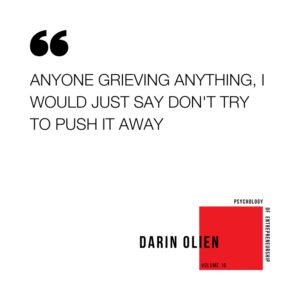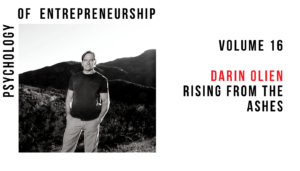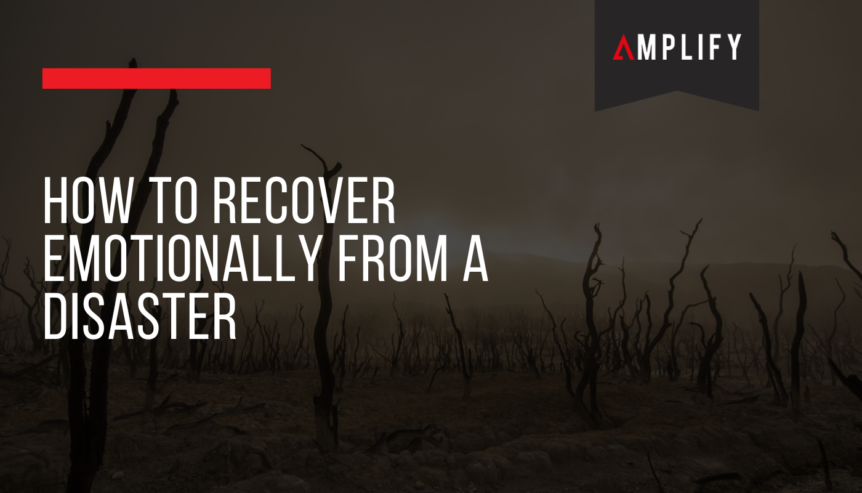Grief is often associated with the death of a loved one, but following a significant disaster where an individual experiences a great loss of some kind, it is a natural and necessary part of the healing process.
Disasters such as hurricanes, earthquakes, accidents or wildfires are often immediate and sudden.
When faced with such an event, the emotional toll can become too overwhelming, that’s why many people find themselves trying to regain some kind of normality by addressing the practical day-to-day aspects and suppress the emotional turmoil they may be feeling.
Emotional Symptoms After a Disaster
The common feelings people experience after a disaster are those of shock, disorientation and an inability to process distressing information. As these feelings subside, people’s thoughts and behaviours start to converge in a variety of emotional expressive ways.
- Intense or unpredictable feelings, including anxiety, irritability and moodiness.
- Changes to thoughts and behaviour patterns, which often manifest into repeated and vivid memories of the event, loss of concentration or a change in eating and sleeping patterns.
- Sensitivity to environmental factors including sounds, smells and environmental sensations.
- Strained interpersonal relationships and conflicts
- Stress-related physical symptoms including headaches, nausea and chest pain
Finding Ways to Cope With Grief
When tragedy strikes, the aftermath can affect every aspect of our lives including relationships, our daily routines and even our ability to function at work effectively.
With research showing that after a disaster, most people gain emotional resilience over time, the lingering effects of a great loss can turn towards deep grief.
This process needs to be experienced in whatever natural form that takes.
One man who learned that grief was, in fact, a natural part of the healing process, was Darin Olien.
Darin is the founder and visionary behind SuperLife and is a globally renowned exotic superfoods hunter, supplement formulator, and environmental activist.
During an exploratory expedition in the Amazon, Darin received word that a devastating wildfire had ravaged multiple homes within Malibu, and he was amongst the ashes. He lost everything and the harsh reality set it, there was nothing to come home to.
While many would wallow in their grief, Darin eventually embraced his new reality, which led to a newly kindled clarity and perspective.
Witness Your Grief
To see the reality and aftermath of a disaster can be confronting but is necessary. Psychologically, while it is emotionally testing, it can bring to the forefront a tangible conclusion, allowing you to understand that events are now out of your control and the grieving process needs to begin.
“There wasn’t a bug. There wasn’t a bird. It was fucking smoke and black-and-white soot. Everything. Everything,” Darin explained. “Seeing it is a visceral part of grieving, that really seeing that, oh, nothing survived, not even that barn or that bridge.”
When you begin to acknowledge and recognise that a disaster has taken place, the next step is to allow your pain and emotions to manifest in whatever way they need to appear.
Find New Opportunity Within Your Grief
As strange as it sounds, there is a lot of personal opportunities that can come with grief and drastic change. It can give you the space to re-evaluate your motives, values and core beliefs.
In your grief, allow yourself the chance to open up and channel your negative energy towards more creative work. Pursuing creative outlets has been proven to help those suffering from loss or trauma, navigate and understand their emotions.
“It’s weird to have excitement along with loss,” says Darin, “the result of this is my life had changed.” While those around him were also grieving, his acceptance of his new circumstances had given way to new ideas.
“I wouldn’t take it back now because of the depth of who I am, the depth of what I perceive, the depth of my commitment to this planet and to people and health.
It has only exponentially gotten stronger, so I would never want that to be taken away,” he explained, “I’d burn my house down again to be able to feel how immensely connected I am to myself and to what I’m committed to doing this probably for the rest of my life.”
Go Through The Emotions
There is no avoiding fear, pain, anger and grief in this life. It’s just a part of our story and helps to form who we are as individuals.
In the times of heightened negative emotions and grief, there can often seem to be no light on the horizon, no morning after that will bring you joy, happiness or laughter – but you should trust in the fact that it will pass and that whatever emotions you are feeling, must be felt.
“You’re going to deal with all of the emotions. When you have to shut down a business or you failed at something, you have to deal with the emotions, and it’s not living in the emotions, it’s allowing the emotions to move through without judgment.”
“Anyone grieving anything, I would just say don’t try to push it away. Just face it straight on.” Avoidance or bypassing these feelings just gives you permission to carry on as normal, and often you retain your pain, anger and resentment which can emerge later in an unhealthy and damaging way.
When left unaddressed, you can become ingrained and perpetually centred within your grief, as Darin explains, “if you’re not willing to face the challenges, the pain, the fear, the anger, the resentment, if you’re not willing to face it, this is as good as it gets.”

The Psychology of Entrepreneurship
For more insight into navigating grief after a disaster, check out volume 16 of the Psychology of Entrepreneurship podcast hosted by Ronsley Vaz and with special guest Darin Olien.
Author: Ronsley Vaz
Ronsley is the founder & chief day dreamer at AMPLIFY. He is an author, speaker & serial entrepreneur.
He has a Masters’ degree in Software Engineering and an MBA in Psychology and Leadership. He is known as the creator of We Are Podcast – the first Podcasting Conference in the Southern Hemisphere, and the host of The Bond Appetit Podcast and Should I Start a Podcast. He has an audience of over 3 million in 133 countries.

